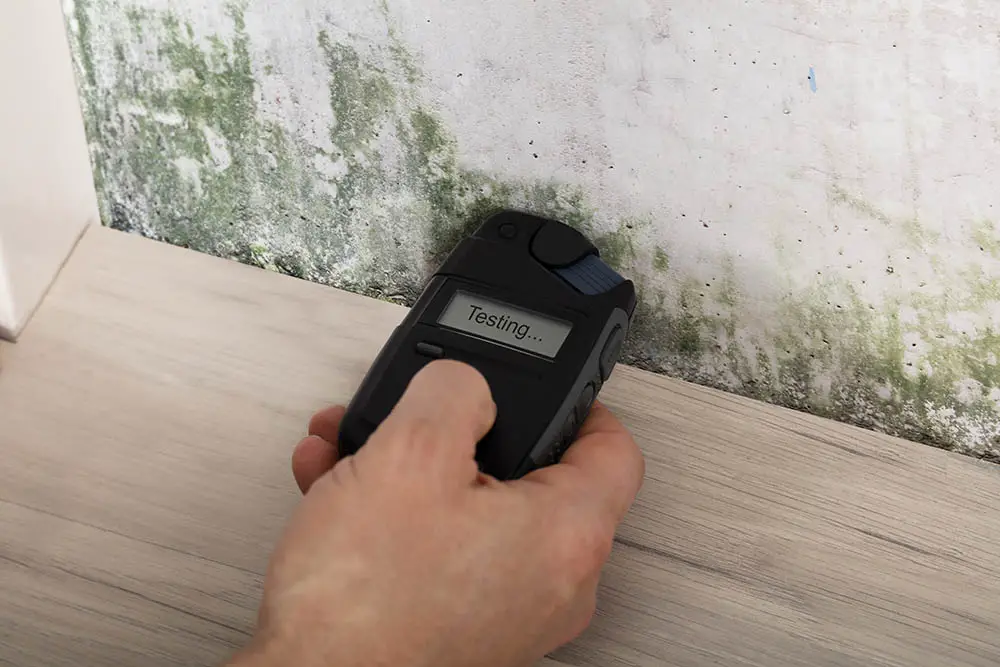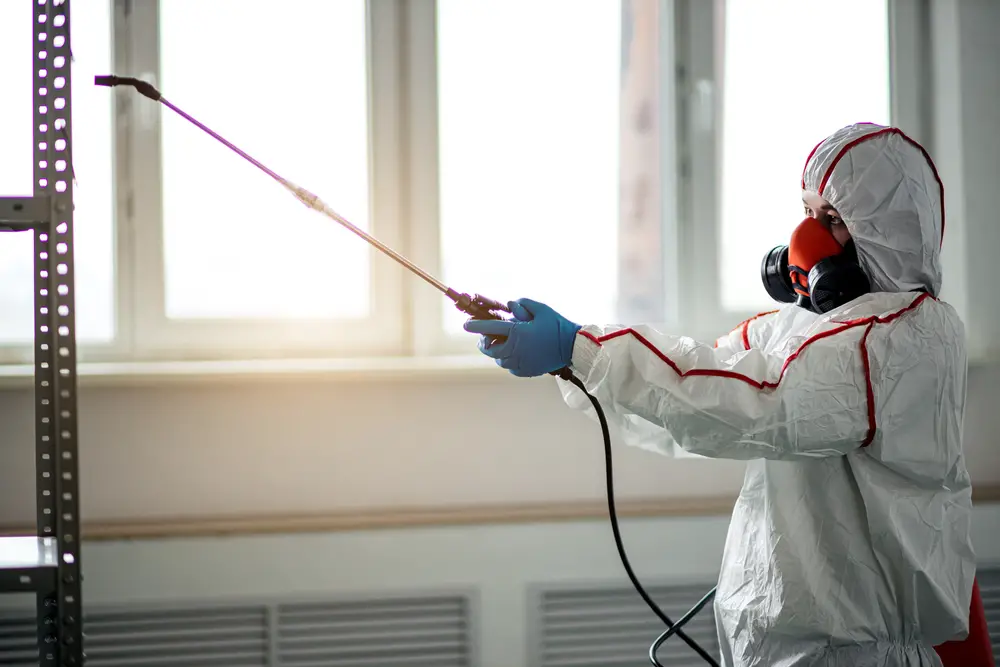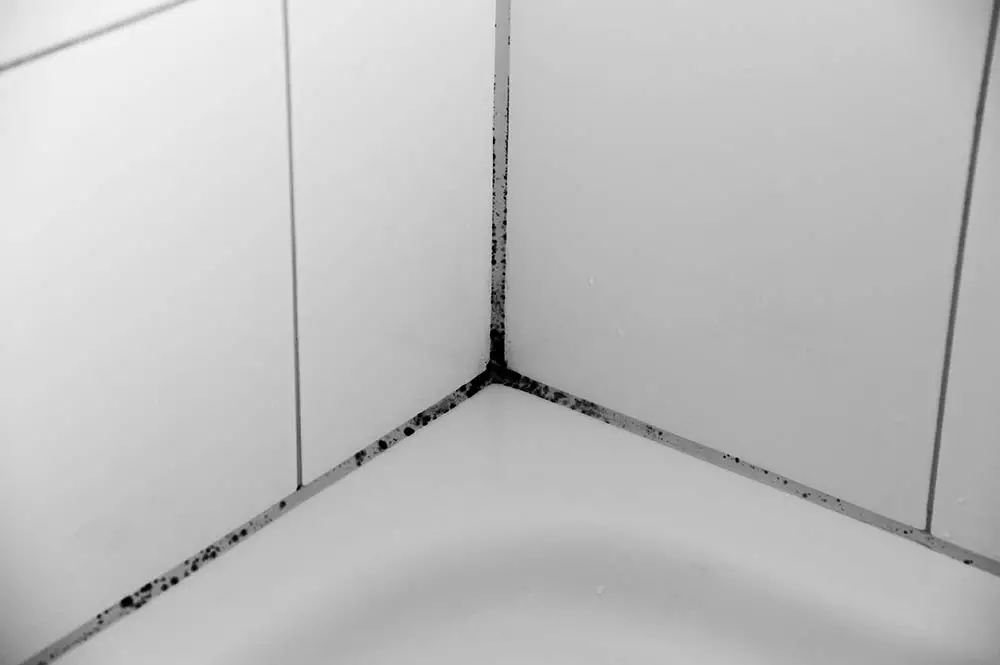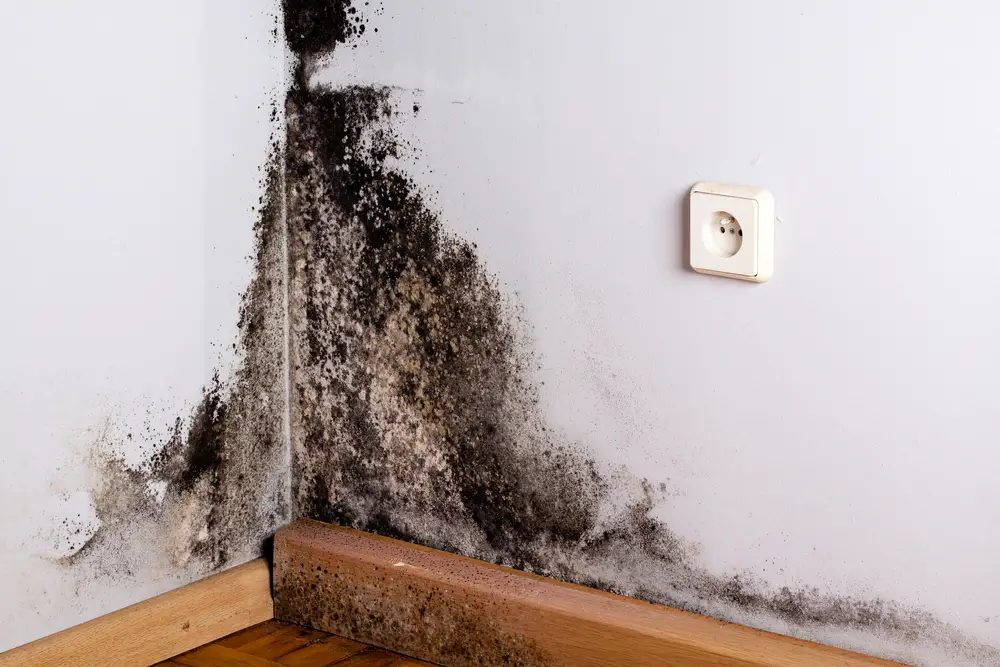The last thing that anyone wants to find while they’re engrossed in a home inspection, whether they’re an amateur or a professional, is mold or any of the telltale signs that mold might be a potential problem.
But even if they do, it isn’t the end of the world, and it doesn’t mean that any potential real estate deal has to fall through or be scuppered by the presence of mold.
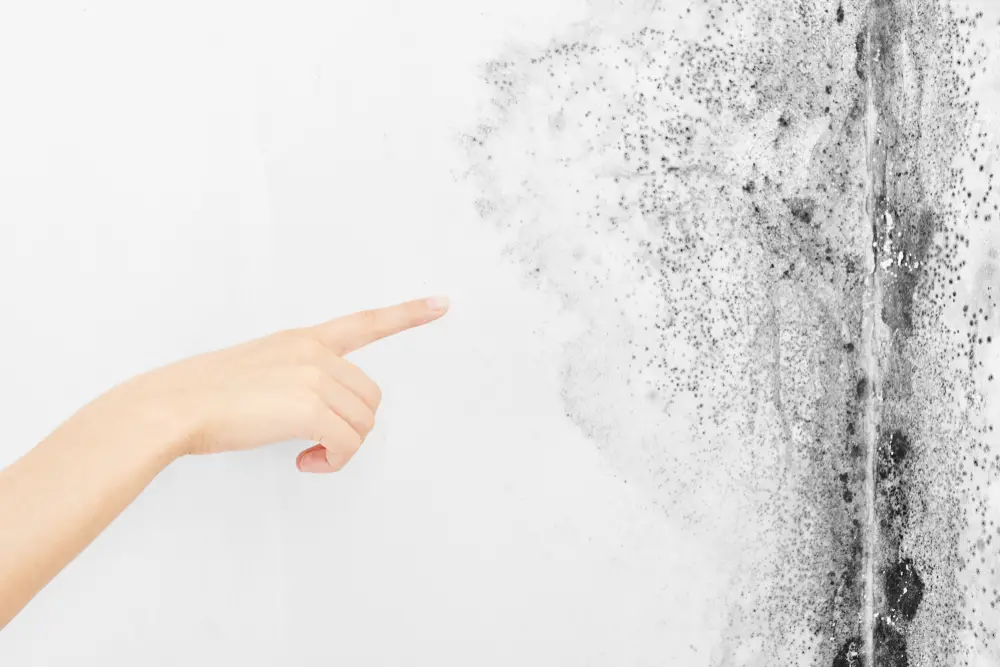
What Will Happen If You Find Mold in a Home Inspection?
Discovering mold during a home inspection is a significant concern, but it’s not an insurmountable one. If an inspector uncovers mold in a home, they will inform the realtor, who will then notify their client, usually the seller, and recommend mold remediation before proceeding with the sale. This step ensures that the property is mold-free, allowing the sale process to continue smoothly.
The seller is typically responsible for arranging and paying for mold remediation. Once the mold has been treated, a certification proving that the mold issue has been resolved is often provided. This certification is crucial for reassuring potential buyers that the home is safe and mold-free. If a prospective buyer inquires, the realtor must disclose that mold was present but has been effectively treated.
If you conduct the inspection yourself and find evidence of mold, it’s essential to inform the realtor immediately. This not only helps in addressing the mold issue promptly but also provides an opportunity for you to make additional recommendations for the property owner, which might include preventive measures or further inspections to ensure the mold problem does not recur.

Will Mold Cause a Home to Fail Inspection?
Mold does not necessarily cause a home to fail an inspection, provided the issue is addressed adequately. If the seller or realtor promptly treats the mold discovered during the inspection and provides certification of successful remediation, the mold issue should not impact the inspection outcome. However, state laws vary, and what is acceptable in one state may not be in another. Therefore, it’s essential to understand local regulations regarding mold and home inspections.
If mold is discovered, it is usually the seller’s responsibility to remediate the problem before the sale can proceed. Buyers concerned about potential mold issues can negotiate to include clauses in the purchase contract that cover additional costs related to mold remediation or further inspections. This negotiation helps protect the buyer from unexpected expenses and ensures the property is safe to inhabit.
Can Home Inspectors Detect Mold?
Home inspectors are trained to identify potential signs of mold, but mold can be elusive. Before it becomes visible on walls, mold often thrives in hidden spaces such as the gaps between drywall. Inspectors typically check for visible signs of mold on walls, in cupboards, and under sinks in kitchens and bathrooms. They are also trained to look for signs of water damage or leaks, which could indicate a hidden mold problem.
However, confirming the presence of mold often requires more invasive methods, like removing sections of drywall to inspect hidden areas. While some inspectors might point out potential mold indicators, they may be hesitant to definitively state there is a mold problem due to legal liabilities. If mold is suspected, it’s advisable to hire a specialist mold inspector who can conduct a thorough examination and provide a definitive diagnosis.
Do Home Inspectors Check For Mold?
Most standard home inspections do not include a specific mold inspection unless requested by the client. Inspectors will note potential water damage or leaks during their evaluation, which could suggest a mold problem. However, without explicit instructions to search for mold, inspectors may not delve deeply into this issue.
If you want a comprehensive mold inspection, you can request it as part of the home inspection process. This request should be made to the realtor and the home inspector before the inspection begins. A specialized mold inspection will involve looking for mold spores, checking moisture levels in walls, and potentially using tools like infrared cameras to detect hidden moisture.
What Should You Do If Mold is Found During a Home Inspection?
Finding mold during a home inspection can be concerning, but it doesn’t have to derail a home purchase. Properly addressing mold involves notifying the relevant parties, ensuring thorough remediation, and obtaining certification that the mold has been treated. Understanding the implications of mold on the inspection process and knowing the responsibilities of both the seller and buyer can help navigate this issue effectively. Always consider additional mold inspections if you have concerns, and work with professionals to ensure the home is safe and mold-free.

